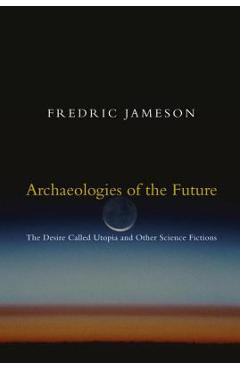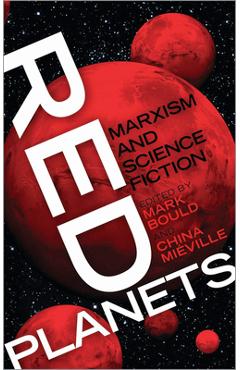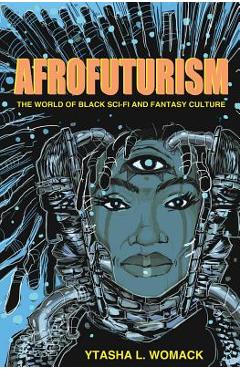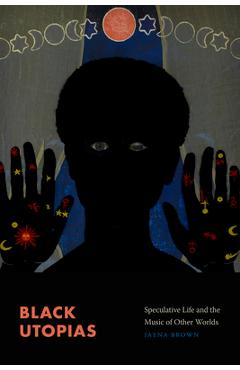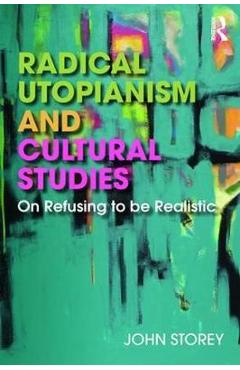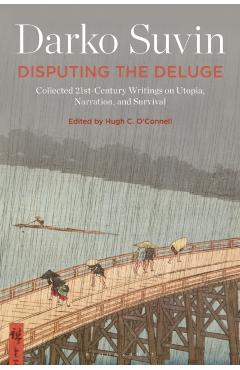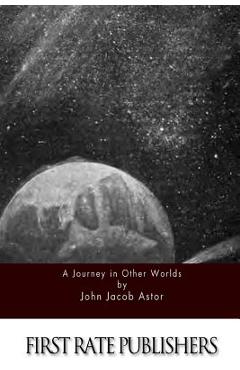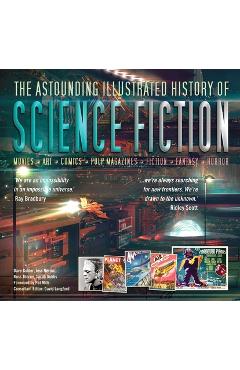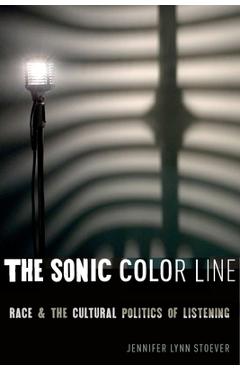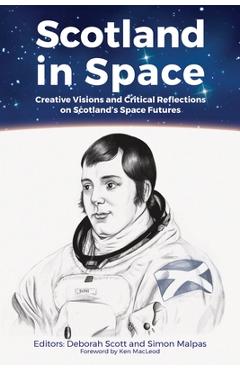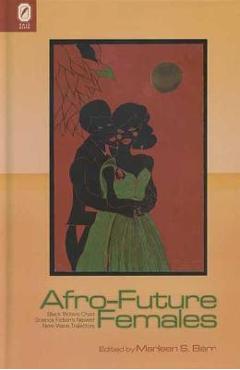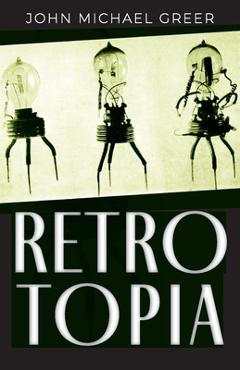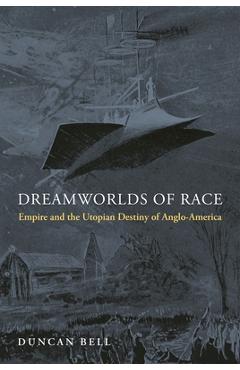Astrofuturism: Science, Race, and Visions of Utopia in Space
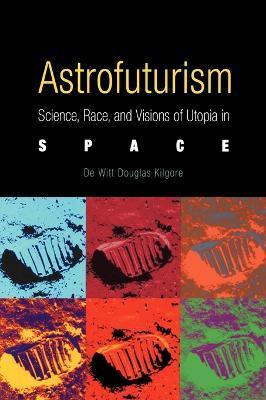
Astrofuturism: Science, Race, and Visions of Utopia in Space
Astrofuturism: Science, Race, and Visions of Utopia in Space is the first full-scale analysis of an aesthetic, scientific, and political movement that sought the amelioration of racial difference and social antagonisms through the conquest of space. Drawing on the popular science writing and science fiction of an eclectic group of scientists, engineers, and popular writers, De Witt Douglas Kilgore investigates how the American tradition of technological utopianism responded to the political upheavals of the twentieth century.
Founded in the imperial politics and utopian schemes of the nineteenth century, astrofuturism envisions outer space as an endless frontier that offers solutions to the economic and political problems that dominate the modern world. Its advocates use the conventions of technological and scientific conquest to consolidate or challenge the racial and gender hierarchies codified in narratives of exploration. Because the icon of space carries both the imperatives of an imperial past and the democratic hopes of its erstwhile subjects, its study exposes the ideals and contradictions endemic to American culture. Kilgore argues that in the decades following the Second World War the subject of race became the most potent signifier of political crisis for the predominantly white and male ranks of astrofuturism. In response to criticism inspired by the civil rights movement and the new left, astrofuturists imagined space frontiers that could extend the reach of the human species and heal its historical wounds. Their work both replicated dominant social presuppositions and supplied the resources necessary for the critical utopian projects that emerged from the antiracist, socialist, and feminist movements of the twentieth century. This survey of diverse bodies of literature conveys the dramatic and creative syntheses that astrofuturism envisions between people and machines, social imperatives and political hope, physical knowledge and technological power. Bringing American studies, utopian literature, popular conceptions of race and gender, and the cultural study of science and technology into dialogue, Astrofuturism will provide scholars of American culture, fans of science fiction, and readers of science writing with fresh perspectives on both canonical and cutting-edge astrofuturist visions.PRP: 270.86 Lei
Acesta este Pretul Recomandat de Producator. Pretul de vanzare al produsului este afisat mai jos.
243.77Lei
243.77Lei
270.86 LeiLivrare in 2-4 saptamani
Descrierea produsului
Astrofuturism: Science, Race, and Visions of Utopia in Space is the first full-scale analysis of an aesthetic, scientific, and political movement that sought the amelioration of racial difference and social antagonisms through the conquest of space. Drawing on the popular science writing and science fiction of an eclectic group of scientists, engineers, and popular writers, De Witt Douglas Kilgore investigates how the American tradition of technological utopianism responded to the political upheavals of the twentieth century.
Founded in the imperial politics and utopian schemes of the nineteenth century, astrofuturism envisions outer space as an endless frontier that offers solutions to the economic and political problems that dominate the modern world. Its advocates use the conventions of technological and scientific conquest to consolidate or challenge the racial and gender hierarchies codified in narratives of exploration. Because the icon of space carries both the imperatives of an imperial past and the democratic hopes of its erstwhile subjects, its study exposes the ideals and contradictions endemic to American culture. Kilgore argues that in the decades following the Second World War the subject of race became the most potent signifier of political crisis for the predominantly white and male ranks of astrofuturism. In response to criticism inspired by the civil rights movement and the new left, astrofuturists imagined space frontiers that could extend the reach of the human species and heal its historical wounds. Their work both replicated dominant social presuppositions and supplied the resources necessary for the critical utopian projects that emerged from the antiracist, socialist, and feminist movements of the twentieth century. This survey of diverse bodies of literature conveys the dramatic and creative syntheses that astrofuturism envisions between people and machines, social imperatives and political hope, physical knowledge and technological power. Bringing American studies, utopian literature, popular conceptions of race and gender, and the cultural study of science and technology into dialogue, Astrofuturism will provide scholars of American culture, fans of science fiction, and readers of science writing with fresh perspectives on both canonical and cutting-edge astrofuturist visions.Detaliile produsului









